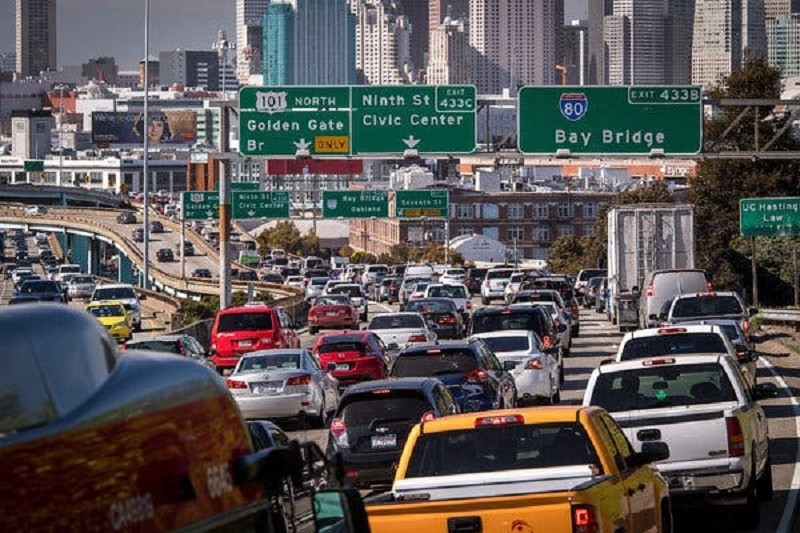A federal appeals court on Friday rejected a challenge by California and 16 other states to the Trump administration’s decision to revise the strict U.S vehicle emissions and fuel efficiency rules put in place under former President Barack Obama before the presidential stakes were taken over by the newly elected Trump.
The states sued in May 2018 after the Trump administration reopened a review of the vehicle efficiency standards through 2025.
In its final weeks in office, the Obama administration sought the rules in place by completing the “midterm review” more than a year ahead of the April 2018 deadline.
The challenge was seen as the longest shot in a multi-pronged legal effort by states, which are fighting the Trump proposal on a variety of rules.
They argue stringent vehicle efficiency rules are crucial to addressing climate change and will save consumers in fuel costs in the state, the officials confirm.
The U.S. Court of Appeals for the District of Columbia concluded that because the EPA had not engaged in a “final action” under the Clean Air Act, it would dismiss the petitions for lack of jurisdiction.
According to the news from the sources, Alliance of Automobile Manufacturers, a trade group representing General Motors Co, Toyota Motor Corp and Volkswagen AG, praised the ruling, saying that if the states had been successful the agencies would have been prevented from updating the rules, official spokesperson replied.
The autos group argued that the prior determination was “politicized” by the Obama administration.After reopening the rules, the EPA and National Highway Traffic Safety Administration proposed in August 2018 freezing fuel efficiency requirements at 2020 levels through 2026.

In the Obama-era, Rules were adopted in 2012 called for a fleetwide fuel efficiency average of 46.7 miles per gallon by 2026, with average annual increases of nearly 5%, compared with 37 mpg by 2026 under the Trump administration.
The U.S. Court of Appeals for the District of Columbia concluded that because the EPA had not engaged in a “final action” under the Clean Air Act, it would dismiss the petitions for lack of jurisdiction.
It should be noted that the court noted the EPA determination that the existing rules were “not appropriate” did not actually change any of the vehicle requirements.


